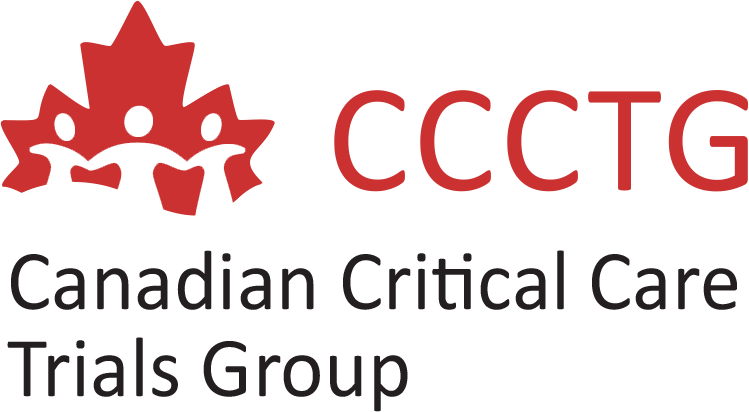How to define death?
Recently completed CCCTG research provides information about the process of death after withdrawal of life sustaining therapy in the ICU.

The dying process is a natural part of life, and while difficult and sad, can also present opportunities for new beginnings through organ and tissue donation. When possible, the opportunity to donate organs after death should be integrated into good end of life care. A large percentage of organ donations in Canada result from “donation after circulatory determined death” (DCD) a type of donation that can occur after removal of life sustaining measures in the intensive care unit (ICU). These patients do not meet stringent testing criteria for brain death, but organs can still be retrieved after the heart stops.
Physicians and the public are generally supportive of DCD, but ethical and logistical concerns remain. Some of these concerns include: the inability to predict which donors will die within a time frame that enables them to proceed to donation, the lack of consensus on the definition of death following cessation of circulation and how to diagnose it, and disagreement about how long to wait, after circulation stops, before organ procurement can begin. Each time delay increases the amount of time that organs remain without oxygen and risks the potential for organ damage. Currently the wait time to declare death after circulatory arrest and proceed to organ recovery is 5 minutes. However, some critics of DCD cite the possibility of autoresuscitation, or spontaneous resumption of circulation without intervention, as a reason to delay the time to organ recovery to longer than 5 minutes. Our team’s reviews of scientific literature have shown that evidence is not sufficient to draw final conclusions on these controversies.
The DePPICt research program led by Sonny Dhanani from Children's Hospital of Eastern Ontario and the University of Ottawa under the umbrella of the Canadian Critical Care Trials Group aims to provide much needed information about the physiology of death after withdrawal of life sustaining therapy in the ICU, helping to inform DCD practice and thereby ultimately increasing organ donation rates in Canada.
In 2014, the DePPICt study team published the results of the pilot study in Critical Care Medicine. The pilot study recruited 41 out of a goal of 45 patients, had a consent rate of 87%, and recorded 73% protocol compliance. The landmark pilot study was able to show feasibility of examining the natural history of the dying process following withdrawal of life sustaining therapies in Canadian ICUs by recording and analyzing the vital signs of dying patients. You can read the Critical Care Medicine article by clicking here.
In 2014, the DePPICt study team published the results of the pilot study in Critical Care Medicine. The pilot study recruited 41 out of a goal of 45 patients, had a consent rate of 87%, and recorded 73% protocol compliance. The landmark pilot study was able to show feasibility of examining the natural history of the dying process following withdrawal of life sustaining therapies in Canadian ICUs by recording and analyzing the vital signs of dying patients. This study helped the team to receive funding for a larger, multi-centre observational study to explore the natural history of dying.
In 2019, the DDePICt team completed the “Death Prediction and Physiology after Removal of Therapy (DePPaRT)” study, enrolling over 600 patients in 3 countries (Canada, the Czech Republic, and the Netherlands) and collecting detailed information on the physiologic patterns of how patients died. A qualitative study component simultaneously investigated the decision-making surrounding consent for organ donation and how family members felt when their loved ones became organ donors or were unable to proceed to donation. Data from this study will also be used to create new prediction tools to help physicians better predict when patients who wish to become organ donors will die after the removal of life sustaining therapies.
Now, the study team is currently in the process of disseminating results from both the quantitative and qualitative aspects of the study, both of which will be invaluable in supporting DCD policies across Canada.
The DePPaRT study represents another example of the contribution of research from the CCCTG that improves the care of critically ill patients with the potential to impact the healthcare system.
